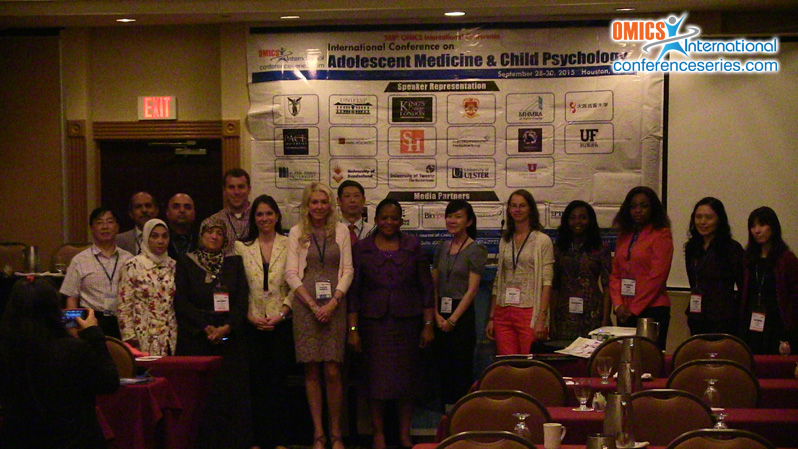
Maria Marta Silva
Federal University of Sao Paul o, Brazil
Title: Behavioral problems in adolescents with cardiac disease: An exploratory study in a pediatric cardiology outpatient clinic
Biography
Biography: Maria Marta Silva
Abstract
There is scientific evidence that adolescents with cardiac disease are more prone to behavioral problems. Aims: To study behavioral problems in adolescents with heart disease. Methods: cross-sectional study involving 130 adolescents with congenital and acquired heart disease, and 246 healthy controls, age between 11 and 18 years. The second part of the Youth Self Report and a semi-structured interview were applied to both groups, and the Child Behavior Checklist to one of the patients’ parents to access their perception of behavioral problems. Results: Male adolescents with heart disease showed significantly fewer behavioral problems compared to controls but no difference was found between female patients and controls. Patients scored significantly higher only on the Social Problems subscale. Male controls scored higher in the Internalizing, Externalizing, and in the Total Problems scales. Among patients, girls scored higher than boys. Girls in middle and late adolescence and boys in early adolescence displayed more behavioral problems. No significant difference was found between congenital and acquired heart disease, neither between acyanotic and cyanotic defects. Operated patients did not differ from the non-operated ones. Patients that were behind on schooling scored higher. Parents scored higher than patients. Conclusions: Male and Female patients reported fewer behavioral problems than controls. Female patients in middle and late adolescence, male patients in early adolescence, and patients that were behind on schooling were the most problematic ones. No difference was observed between diagnostic groups neither between operated patients and the non-operated ones. Patients displayed fewer behavioral problems when compared to their parents’ perception. In the overall, our results displayed a resilient scenario for cardiac patients despite dealing with a chronic disease where stressful situations are the rule.
Speaker Presentations
Speaker PPTs Click Here



